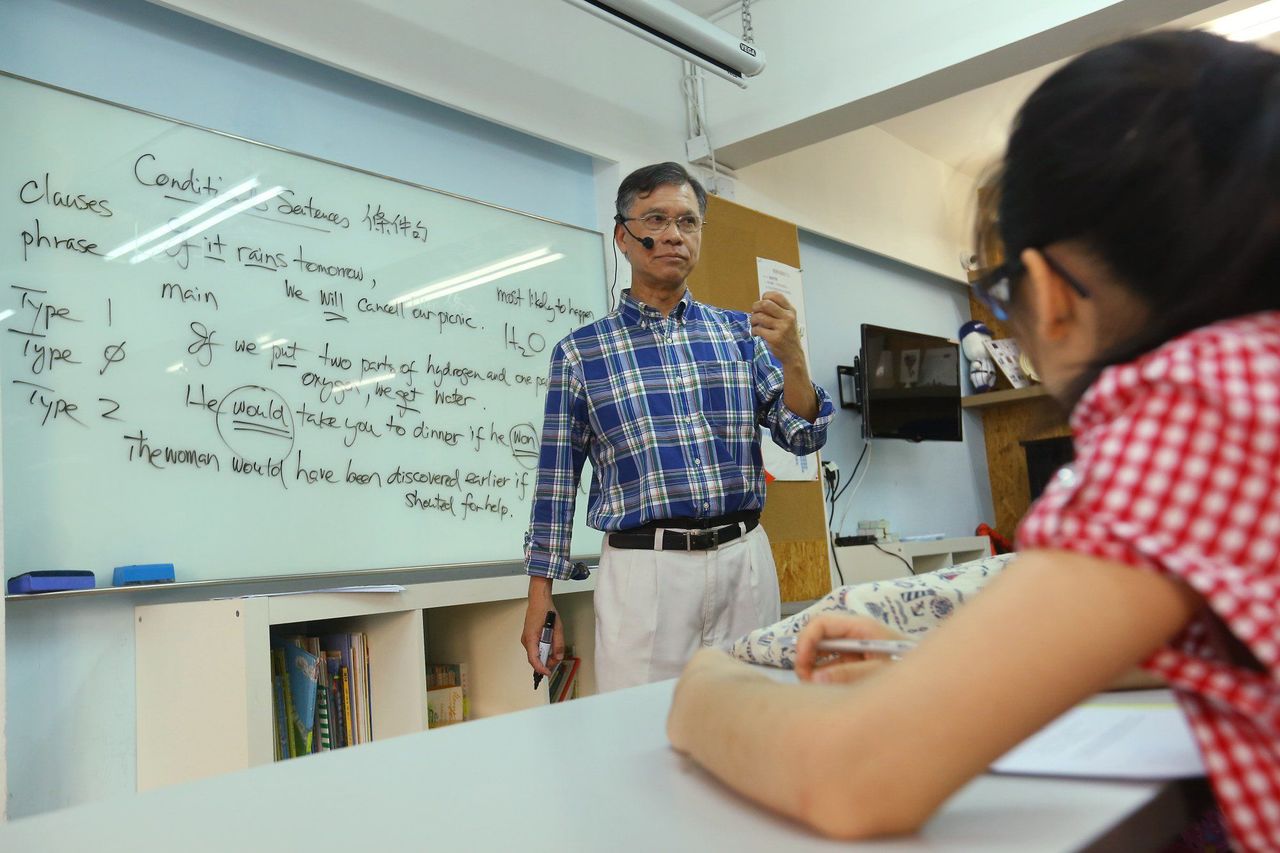Hong Kong News

Use AI systems in classrooms to fix Hong Kong education inequality
In Hong Kong, a city renowned for its prosperity, the persistent issue of education inequality remains largely unaddressed. Disparities in access to resources, the quality of schools and socioeconomic factors contribute to a widening gap in educational opportunities.
A key aspect of addressing this inequality is the involvement of parents in their children’s learning. Research has shown children perform better in their studies when parents are actively involved.
Unfortunately, many parents are unable to dedicate time to engage with their children’s education because of work commitments or other reasons.
Recognising the importance of interactive learning, some parents turn to private tutoring to support their children’s education. This option provides personalised instruction and guidance, giving an advantage to those who can afford it.
The percentage of students receiving private tuition almost doubled from 34 per cent in 1996 to to more than 63 per cent in 2012, according to research by the Hong Kong Federation of Youth Groups. However, the reliance on private tutoring also highlights the existing gap in education inequality as less-privileged students struggle to keep pace.
My recent visit to a primary school in Ngau Tau Kok with a diverse student population – including children from different countries, cultures and religions – revealed the need for a solution to bridge the gap created by limited parental involvement and the high cost of private tutoring after school hours.
 A volunteer teacher delivers an English-language lesson at a tutoring centre in Sham Shui Po on May 7, 2016.
A volunteer teacher delivers an English-language lesson at a tutoring centre in Sham Shui Po on May 7, 2016.
Generative AI offers the potential to fill this void by providing interactive learning experiences which can engage students and improve their academic performance. It works by leveraging advanced machine learning algorithms to generate content based on input data. This adaptive tutoring system can assess a student’s current understanding of a subject and generate customised content and exercises to address knowledge gaps.
For example, in the context of education, a generative AI system can create tailored learning materials such as quizzes, exercises or even entire lessons based on the needs and preferences of each student. This personalised approach can help students better understand complex concepts and increase their interest in learning.
For students from different cultural backgrounds who might not share the same native language as their peers, generative AI can create personalised language lessons tailored to their proficiency level and learning pace. By incorporating elements such as culture-specific examples and idiomatic expressions, generative AI can make language learning more engaging and relevant for these students.
To ensure the effectiveness and appropriate use of generative AI in education, a monitoring framework must be established. It should oversee interactions between the AI systems and students, ensuring the technology remains aligned with educational goals.
Hong Kong has a history of using AI technology for regulation in the financial and service industries. This can provide a strong foundation for developing and implementing a monitoring framework for AI applications in education. Such a framework should be designed to ensure AI systems adhere to ethical guidelines and provide appropriate support for students.
The monitoring framework could have several key components. They include data privacy and security to ensure student data is protected and used ethically, with strict guidelines for data access and sharing, as well as algorithm transparency that helps educators and stakeholders understand how the AI systems generate content and make decisions.
Establishing a process for evaluating the quality and effectiveness of AI-generated learning materials is important. Ethical considerations and addressing potential biases and inequalities in AI-generated content, as well as ensuring the AI systems promote inclusivity and do not perpetuate stereotypes or discriminatory practices, should also be included.
By drawing on Hong Kong’s experience in technology-based regulation, the development of a robust monitoring framework for AI in education can help ensure generative AI remains an effective and ethical tool for levelling the playing field and reducing education inequality.
In conclusion, AI has the power to transform the educational landscape in Hong Kong, mitigating inequality and improving the performance of underprivileged students through a new interactive experience at low cost.
By harnessing the potential of AI in education and establishing a robust monitoring framework, stakeholders can collaborate to create a more equitable future for all students, levelling the playing field and ensuring that every child has the opportunity to succeed, regardless of their parents’ ability to be actively involved in their education or afford private tutoring.











